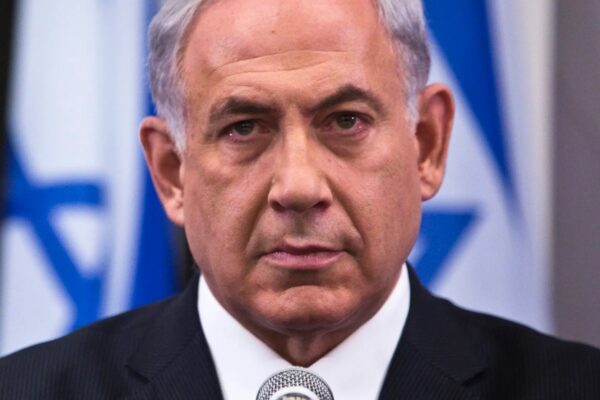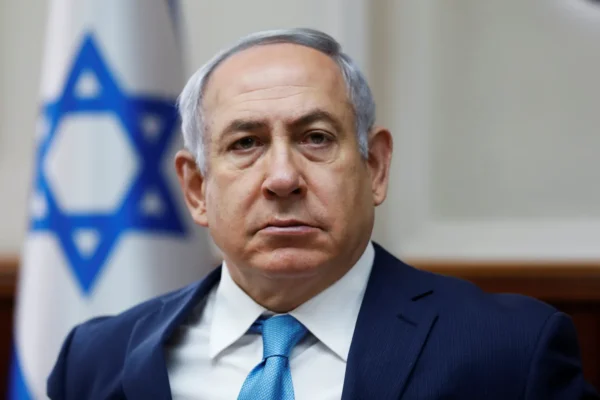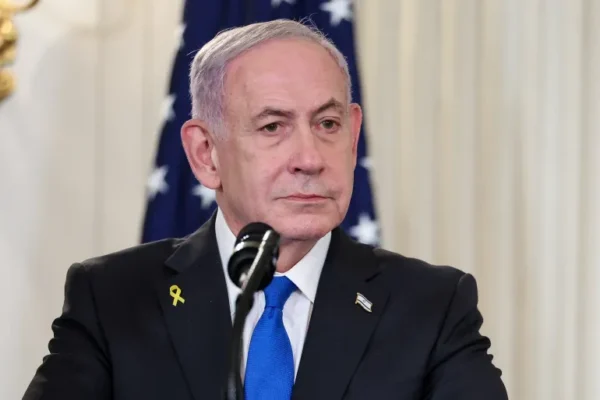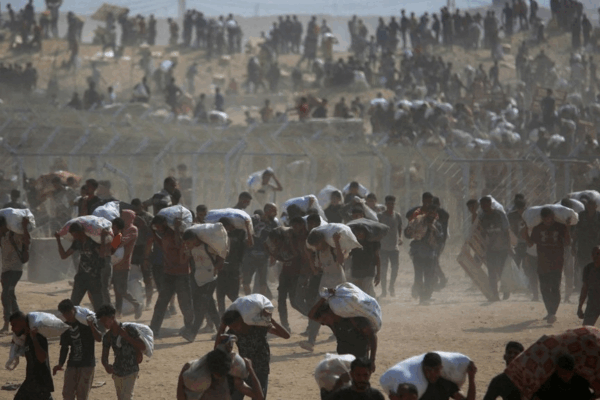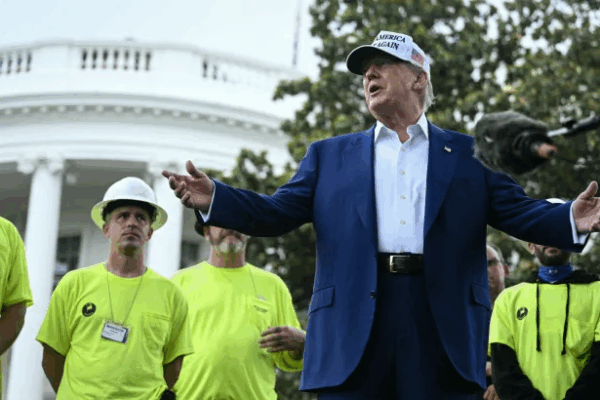The Fordow nuclear facility in Iran has once again come under global scrutiny amid heightened tensions following Israeli airstrikes and speculation about potential US military involvement. As concerns grow over Iran’s nuclear capabilities, many are questioning whether the fortified site could be destroyed — and what risks it poses. What Is the Fordow Facility?Located 30km northeast of Qom, deep in Iran’s mountainous terrain, Fordow was initially constructed as a military installation for the Islamic Revolutionary Guard Corps (IRGC) before being converted into a uranium enrichment site. The facility lies hundreds of meters underground, making it one of Iran’s most heavily fortified nuclear sites. Iran formally disclosed its existence to the International Atomic Energy Agency (IAEA) in 2009, only after Western intelligence services uncovered its secret development. Why Is It Significant?First site where uranium enriched close to weapons-grade levels was found: In 2023, IAEA inspectors detected particles enriched to nearly 90% purity — the threshold for weapons-grade uranium. Capacity: Fordow is equipped to hold nearly 3,000 centrifuges, a small portion compared to Natanz (which has capacity for about 50,000), but its location deep underground makes it more defensible. Symbolic and strategic value: Fordow’s continued operation is often cited by the West as a major obstacle to reviving the 2015 nuclear deal (JCPOA). Has Fordow Been Hit or Damaged in Recent Attacks?Following Israel’s massive strike on Iran’s Natanz facility, missiles also targeted Fordow. However, according to IAEA chief Rafael Grossi, no visible damage was recorded at Fordow or at the Khondab heavy water reactor. This suggests Fordow remains operational, unlike Natanz, which sustained both above-ground and suspected underground damage. What Happens at Fordow?Fordow’s original role was to enrich uranium up to 20% U-235 — far above the 3.67% permitted under the JCPOA but below weapons-grade. Since the US withdrawal from the JCPOA in 2018, Iran has resumed higher enrichment levels at the site. Uranium enrichment involves concentrating the fissile U-235 isotope. Weapons-grade uranium requires enrichment levels of 90% or more, which Fordow is technically capable of producing. What Did Iran Agree to Under the JCPOA?Under the 2015 JCPOA, Iran agreed to: By 2017, these conditions were met — until the agreement began to collapse post-2018. Can the US Destroy Fordow With Airstrikes?Not easily. Military analysts agree that Fordow’s deep underground location makes it extremely difficult to target with conventional weapons. To neutralize it, the US would likely require: In short, Fordow is not invulnerable, but destroying it would require serious firepower and likely a coordinated air campaign, not a single strike. What’s Next?With the Israel-Iran conflict escalating and the JCPOA effectively dormant, Fordow represents both a flashpoint and a symbol of Iran’s nuclear resilience. Whether the U.S. will attempt military action there remains uncertain, but any such move would risk widening the current conflict — and dragging the world’s most volatile region into deeper chaos. Bottom line:Fordow is a hardened, operational nuclear facility, vital to Iran’s enrichment program. While not untouchable, it’s built to withstand conventional strikes, and any U.S. attempt to neutralize it would be a major military gamble with significant regional consequences.
